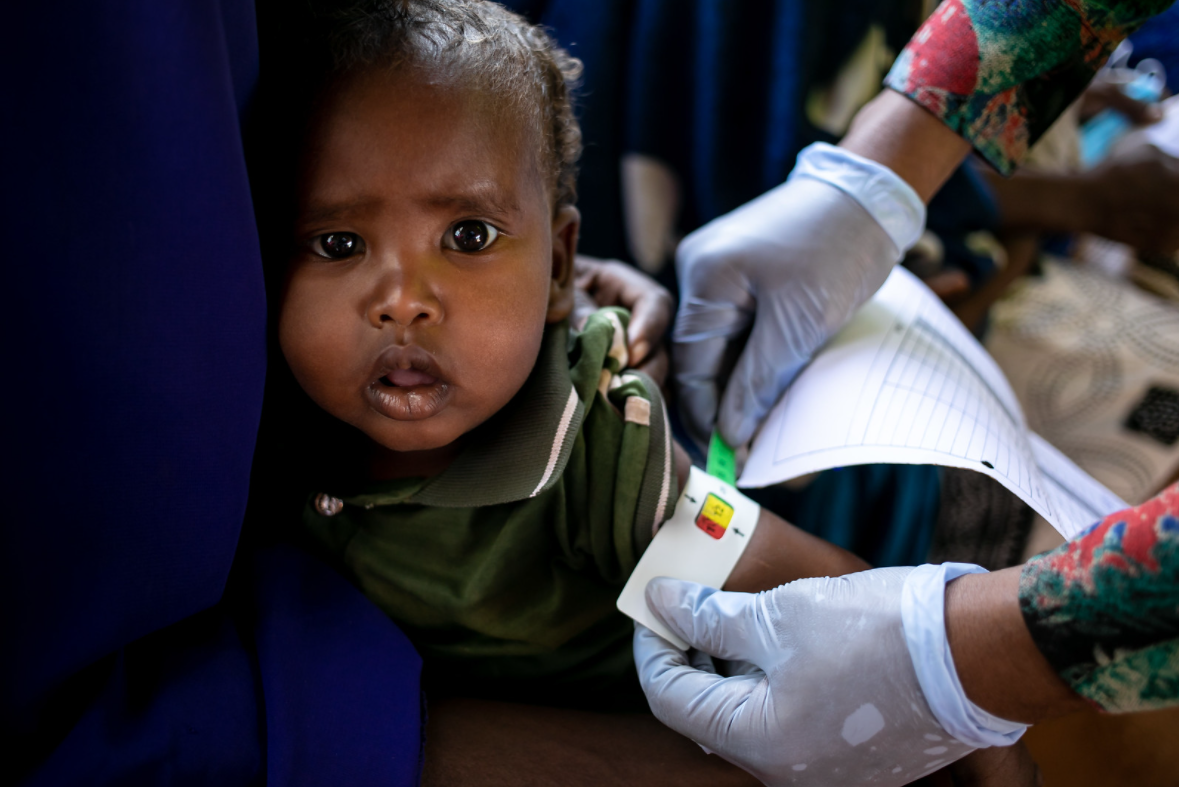
Somalia: A child has its mid-upper arm circumference measured to gauge for evidence of malnutrition, at Dolow Health Centre, on 3 February 2022. UNICEF continues their life-saving assistance through drought-affected areas, working with families, local communities, organizations and governments throughout Somalia.
The Organization is relied upon by the international community to coordinate humanitarian relief of emergencies in areas when it is beyond the relief capacity of national authorities alone.
When men, women and children are trapped in the midst of war, the Secretary-General and his representatives help negotiate "zones of peace" for the delivery of humanitarian aid. And UN peacekeepers protect the delivery of that aid.
The Office for the Coordination of Humanitarian Affairs (OCHA) of the UN Secretariat is responsible for coordinating responses to emergencies. A system-wide, coordinated approach to humanitarian relief is essential for providing assistance quickly and efficiently to those in need.
Led by the United Nations Emergency Relief Coordinator, OCHA also provides the latest information on emergencies worldwide, and launches international "consolidated appeals" to mobilize financing for the provision of emergency assistance in specific situations.
The UN Central Emergency Response Fund (CERF), managed by OCHA, is one of the fastest and most effective ways to support rapid humanitarian response for people affected by natural disasters and armed conflict. CERF receives voluntary contributions year-round to provide immediate funding for life-saving humanitarian action anywhere in the world. The humanitarian fund was established by the United Nations General Assembly in 2006 to enable more timely and reliable humanitarian assistance to people in need.
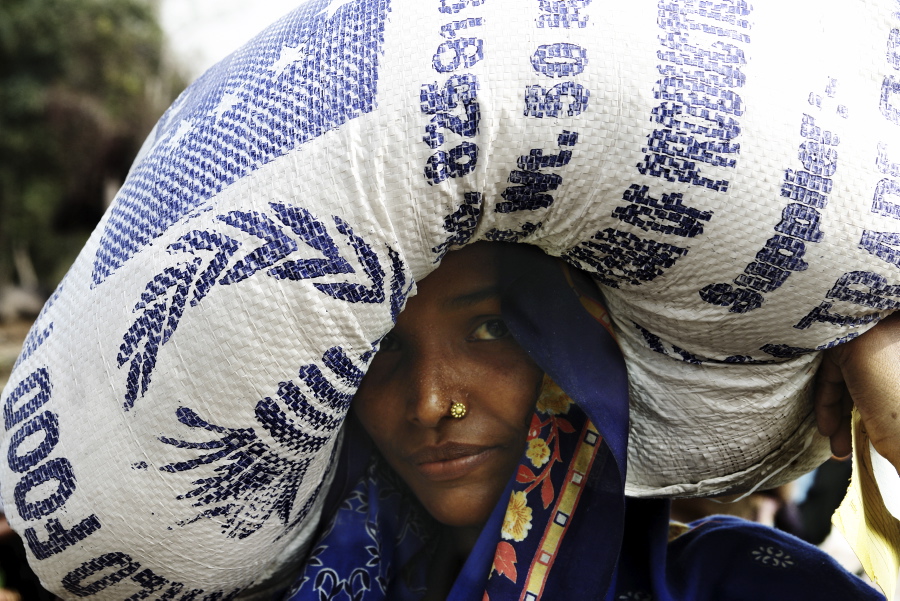
Nepal, 13 December 2008.
The World Food Programme (WFP) provides relief to millions of people who are victims of disasters. It is responsible for mobilizing food and funds for transport for all large-scale refugee-feeding operations managed by the UN Refugee Agency (UNHCR).
The Food and Agriculture Organization of the United Nations (FAO) is often called on to help farmers re-establish production following floods, outbreaks of livestock disease and similar emergencies.
The United Nations Children's Fund (UNICEF) strives to reach as many children as possible with effective, low-cost solutions to counter the biggest threats to their survival. UNICEF also consistently urges governments and warring parties to act more effectively to protect children.
The Core Commitments for Children in Humanitarian Action are at the heart of UNICEF's work on upholding the rights of children affected by humanitarian crises.
UNICEF Goodwill Ambassador Priyanka Chopra Jonas visited Turkana County 17-19 October 2022 to meet people in communities affected by the ongoing drought and to witness firsthand UNICEF's efforts and their results.
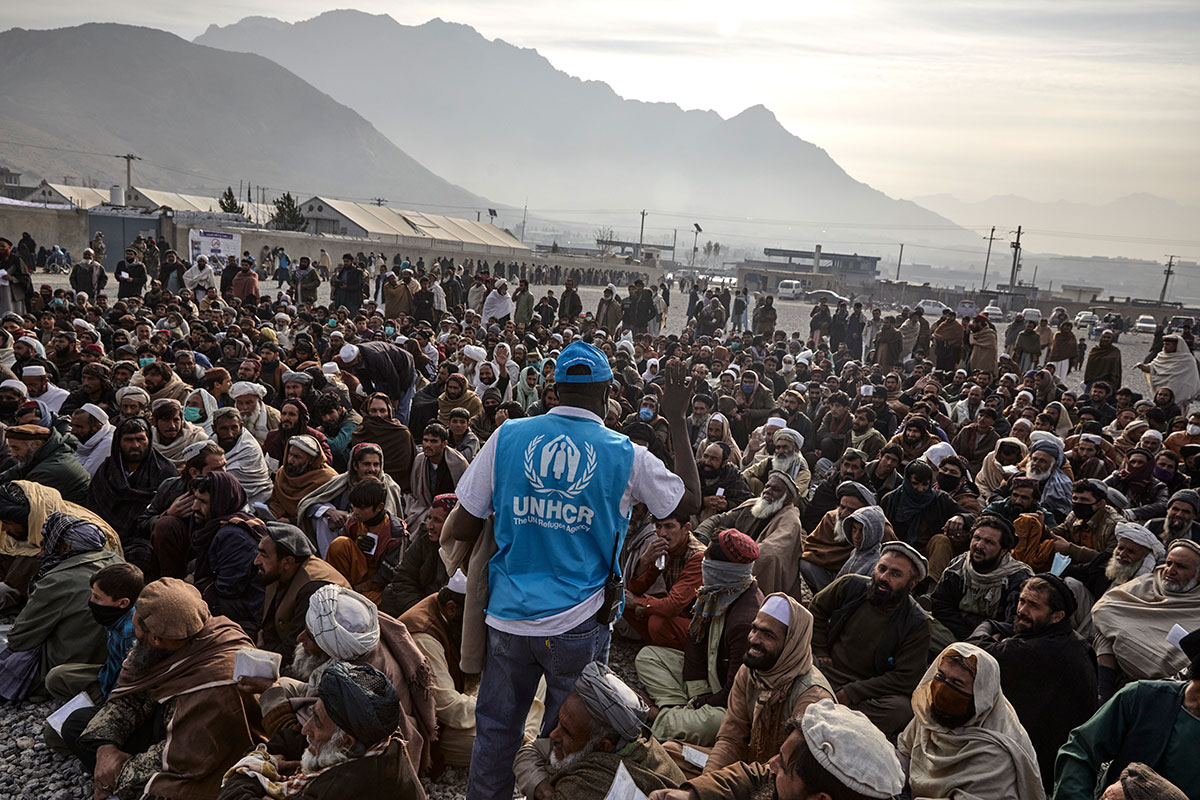
Afghanistan. UNHCR distributes winter cash payments to displaced families in Kabul, 2021.
The UN Refugee Agency (UNHCR) emerged in the wake of World War II to help Europeans displaced by that conflict. The agency leads and coordinates international action to protect refugees and resolve refugee problems worldwide. UNHCR and the International Organization for Migration (IOM), set up camps and other facilities for those who have been forced to leave their homes.
The General Assembly created the United Nations Relief and Works Agency for Palestine Refugees in the Near East (UNRWA) to provide emergency relief to some 750,000 Palestine refugees, who had lost their homes and livelihoods as a result of the 1948 Arab-Israeli conflict. Today, some 5.8 million Palestine refugees are eligible for UNRWA services.
The World Health Organization (WHO) coordinates the international response to humanitarian health emergencies of all kinds ranging from disease outbreaks to conflicts to natural disasters. WHO in partnership with others helps communities prevent, prepare for, respond to, and recover from emergencies, disasters and crises.
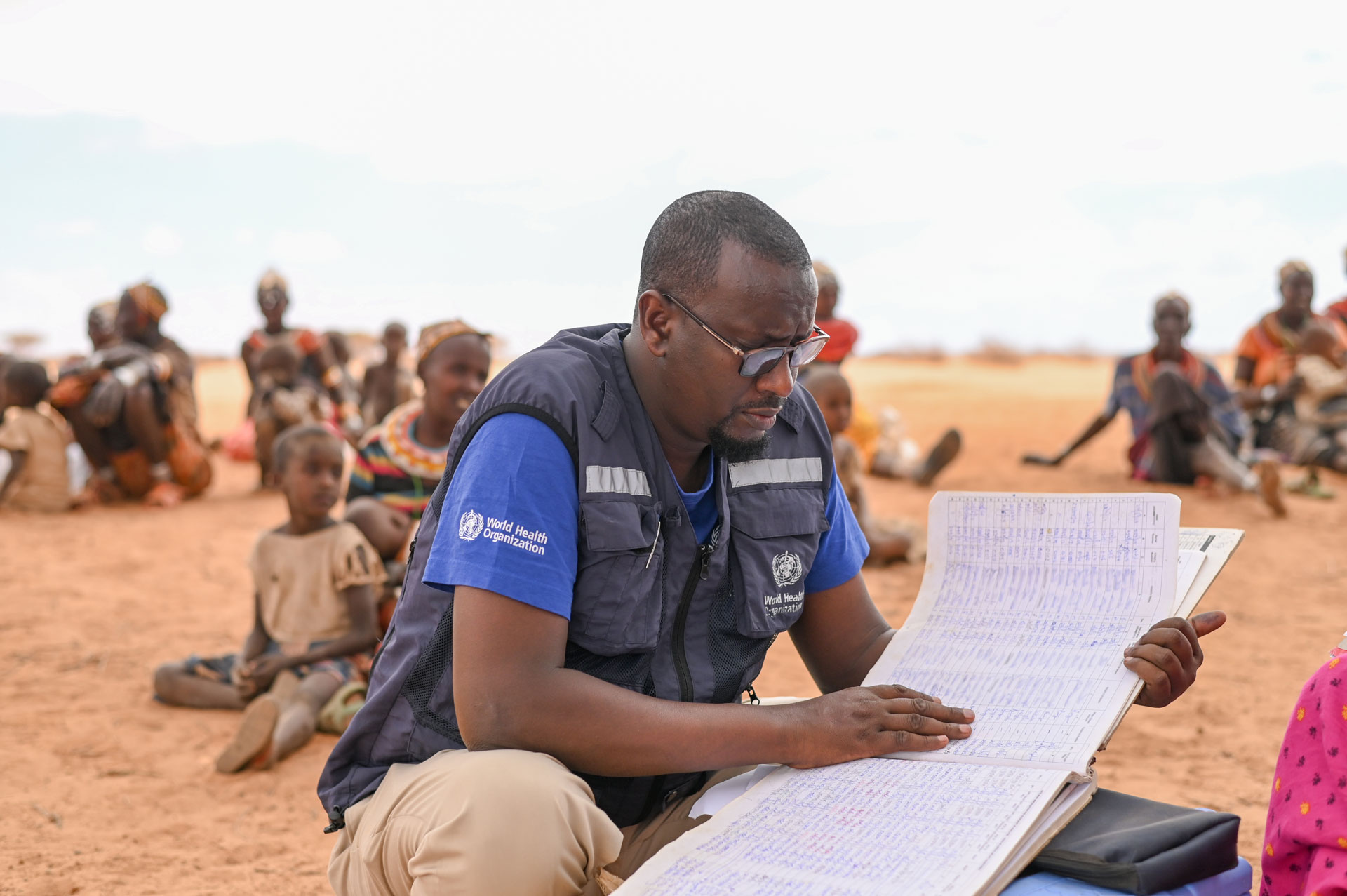
On 20 September 2022, WHO's Dr Adam Haji looks at medical records during a health screening by a mobile team in Korr, Marsabit.
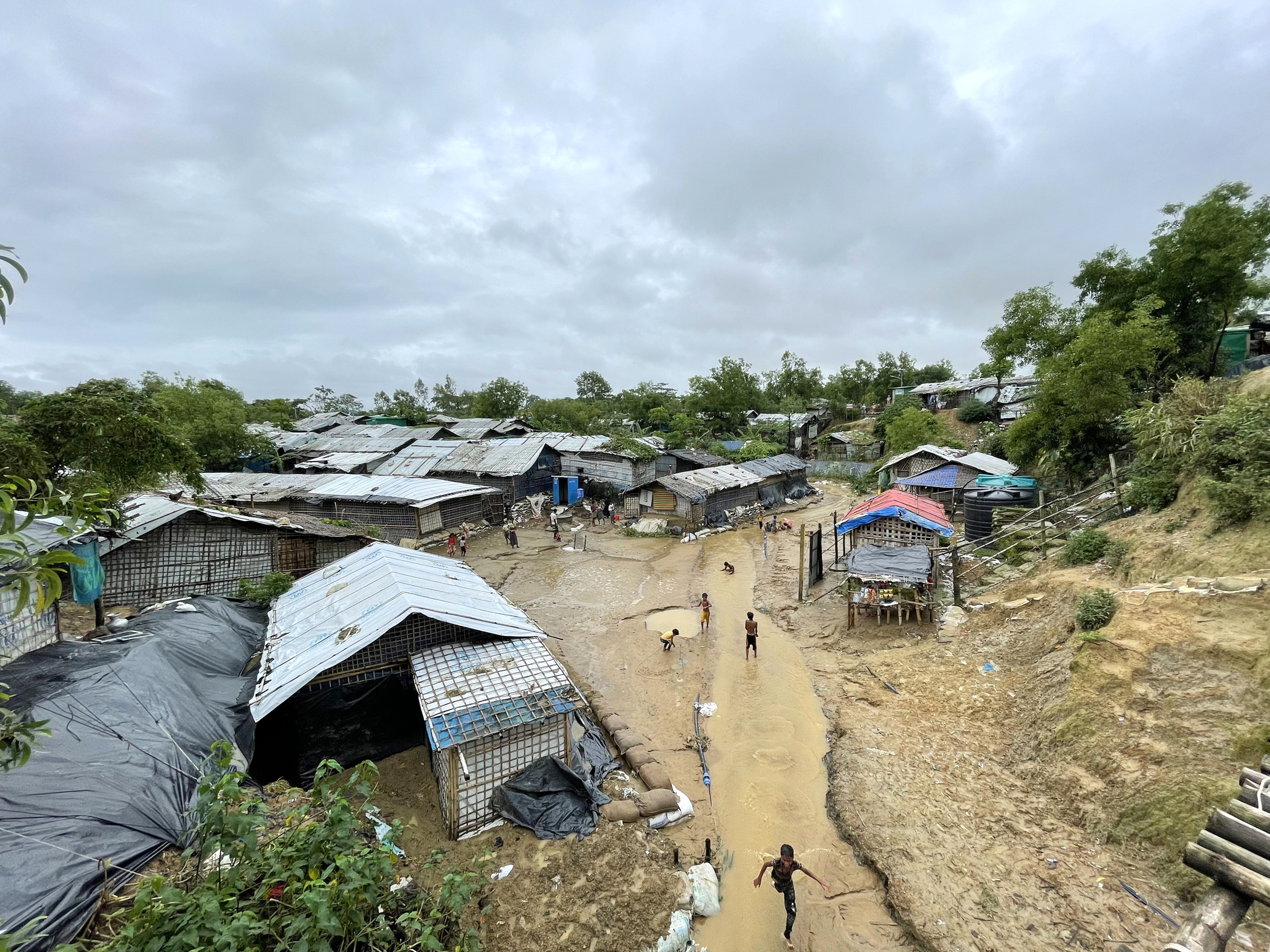
Rohingya refugee children play after the rain in Nayapara refugee camp in Teknaf, eastern Bangladesh. Heavy monsoon rains and strong winds caused flash floods and landslides in Rohingya refugee sites in Cox’s Bazar in July 2021.
Beyond all this, the UN Office for Disaster Risk Reduction (UNDRR) works towards the substantial reduction of disaster risk and losses to ensure a sustainable future. Disasters where natural hazards negatively meet people, hit the poorest the hardest and undermine development efforts. Investing in disaster risk reduction and prevention can save in post-disaster recovery and reconstruction costs.
Every year on 19 August, World Humanitarian Day, we pay tribute to aid workers who risk their lives in humanitarian service, and rally support for people affected by crises around the world.
Three years since Russia’s full-scale invasion of Ukraine, the war continues to inflict untold suffering on the Ukrainian people and has profound global implications.
"Celebrating humanitarians is not enough. We must all do more to protect and safeguard our common humanity." — António Guterres
"From Sudan to Ukraine, from the Middle East to Myanmar to the Democratic Republic of the Congo and beyond, conflict, climate chaos and upheaval are forcing record numbers of people from their homes and fueling profound human suffering." — António Guterres
The Blue Heart Campaign is a global initiative led by the United Nations Office on Drugs and Crime (UNODC) to raise awareness of human trafficking and its impact on people and society.